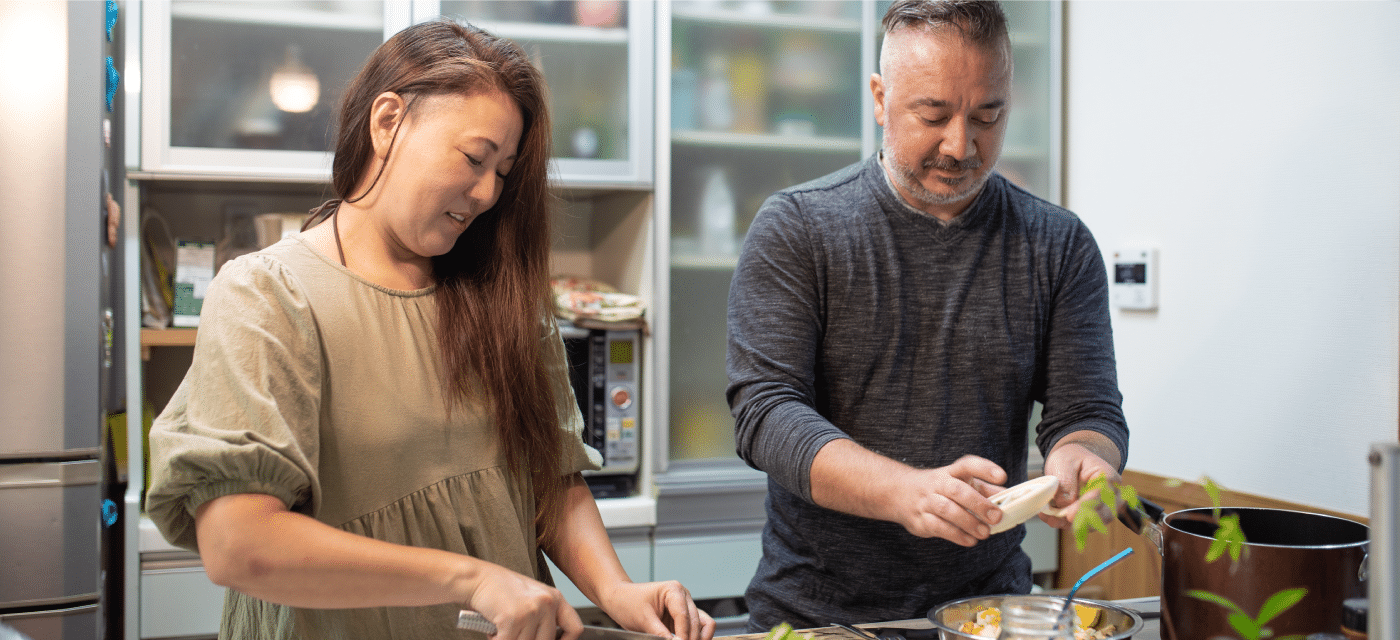6 Ways To Save On Homemade Meals
Food is a necessity we need to survive, but it shouldn’t be what breaks the bank. Find out how these tips can save you money when cooking at home.

Cooking meals at home is a great idea. Home-cooked meals can be better for you and sometimes better tasting than other available options. However, one significant challenge of eating homemade is keeping costs under control. Here are six ways home cooks can spend less on the food they prepare.
Six Tips To Save
1. Cook What’s In Season
Prices on many foods, particularly fruits and vegetables, vary significantly throughout the year. Anything that’s in season will be considerably less expensive. Cooking with these foods is an easy way to save. In-season foods almost always taste much better as well. While seasonal cooking will limit options, the savings are well worth it.
2. Plan Out Meals
One of the big secrets to saving money is to exert greater control over the spending process. Planning out meals is one of the best ways to do this. Making a meal plan will allow home cooks to take stock of how they’re spending money and areas where they can save. Planning meals also makes it easier to make healthy choices.
3. Buy Cheaper Cuts Of Meat
Meat is one of the most expensive categories of food; that means opting for lower-cost meats to help save. Fortunately, cheap cuts of meat can still be delicious, especially in the hands of a skilled cook. Some of the top choices for inexpensive cuts of meat include chicken thighs, pork shoulder, chuck steaks, and ground turkey.
4. Eat More Non-Meat Protein
While saving on meat is undoubtedly possible, choosing other proteins can garner even more savings. Some of the best options include eggs, canned fish, such as tuna and sardines, and legumes, such as lentils, chickpeas, and beans. Even better, these proteins are all fantastic for your health. For families that may not be pleased with the missing meat, try starting with just one day a week. For example, meatless Mondays may be a great way to kick off the week.
5. Don’t Waste Food
Sadly, many people throw out hundreds of dollars of food every year. The secret to avoiding this sort of waste is to track when food is likely to go bad, making sure to eat it before that point. The other key is not to buy foods you’re unlikely to eat. For example, if you don’t like the taste, there’s no point in purchasing kale, no matter the health benefits. Finishing off leftovers is essential too.
6. Buy In Bulk
As a general rule, the more of a particular product you buy, the less it costs. Therefore, bulk purchases can result in considerable savings. However, there are risks to buying in bulk. Home cooks must be sure they’ll actually use what they buy. Pay attention to the shelf life of what you buy and consider your storage space when buying in bulk.
Summary
There are many reasons to cook at home. One of the most significant advantages is the potential savings. With discipline and the aid of the six tips presented above, you can easily spend less on food.
Copyright BALANCE


Budgeting
Ready to take control of your finances? See what steps to follow to develop a spending and saving plan and follow through on it.
Related Articles
16 Months Of Financial Tips

Use these monthly financial tips to break down your top financial tasks and to-dos and get on the right path to being financially healthy.
What To Do If Your Income Is Reduced

When your income drops, every financial choice matters. From trimming spending to exploring safer borrowing options, these tips can help you navigate difficult times.
7 Tricks To Stay On Budget

Need help managing your finances? We’re sharing our tips to help you better plan, organize, and track your spending so you can stick to your budgeting plan.
